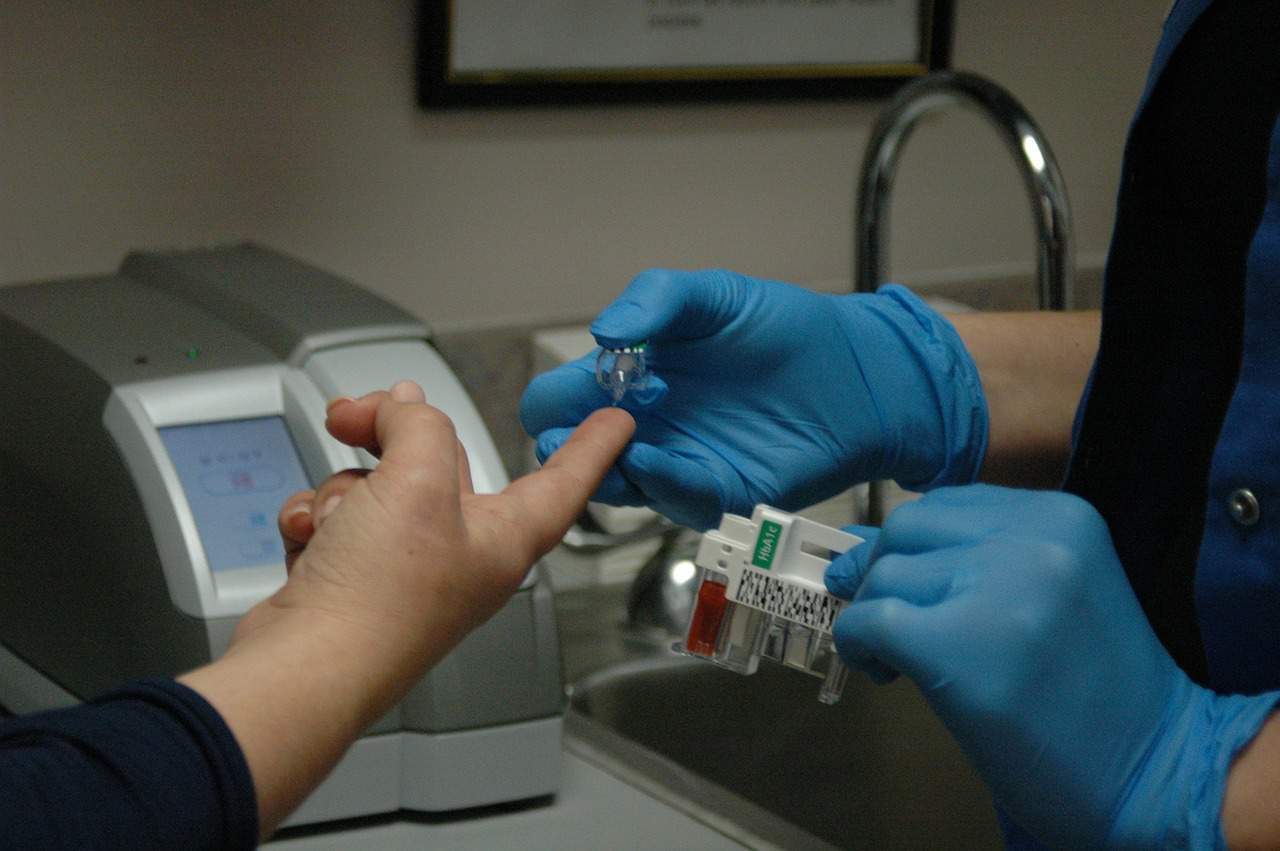You’ve probably heard the latest buzz phrase—“Got low T?” and the “T” being referred to is testosterone. Of the many conditions being attributed to low testosterone, researchers are now saying you can add the risk of type 2 diabetes to the list.
The list of symptoms associated with low testosterone or testosterone deficiency in men includes reduced sex drive, depression, erectile dysfunction, weight gain, loss of strength, and muscle loss. These conditions may appear as testosterone levels decline with age: men lose about 1% of their testosterone per year after reaching middle age.
In a new study from the University of Edinburgh, researchers found that low testosterone levels are linked to insulin resistance, a hallmark of type 2 diabetes. This study, which was conducted in mice, is the first to directly identify how low testosterone in fat tissue has a role in onset of the disease.
An especially important finding was noted by Dr. Kerry McInnes, from the University of Edinburgh’s Endocrinology Unit, who stated “This study shows that low testosterone is a risk factor for diabetes no matter how much a person weighs.” This sentiment was supported by Dr. Iain Frame, director of research at Diabetes UK, who said “this study provides evidence that there can be increased risk even when body mass is not affected,” and that “a healthy balanced diet is important for everyone and particularly for those already at high risk of developing Type 2 diabetes.”
If you are concerned about low testosterone or are looking for natural ways to boost your testosterone level, you may consider natural supplements like EveryDay Male. EveryDay Male is a daily supplement that contains 13 natural ingredients that can help men improve their energy, strength, and libido by boosting testosterone and helping balance hormones.
Read more in our Low T Health Center.
Reference
Men with low testosterone levels may be at increased risk for diabetes. Medical News Today 2012 May 8







